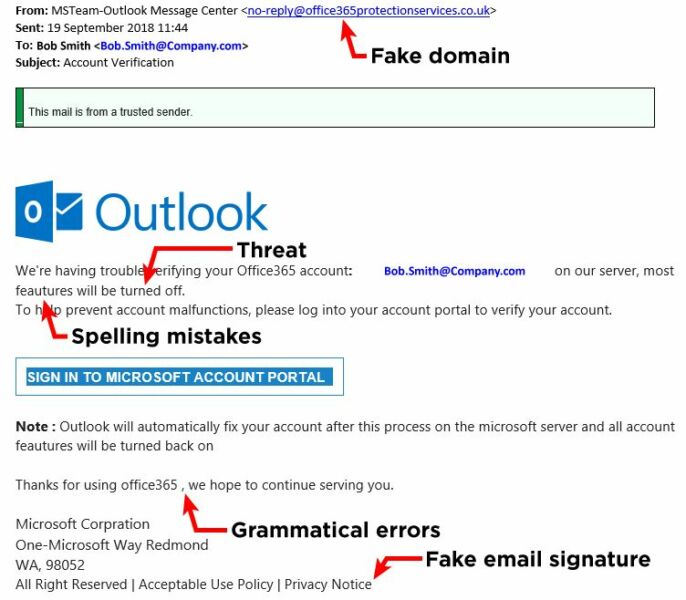These days it seems like scams are everywhere. It used to be all you needed to worry about were telemarketers and the occasional computer virus, but today it seems like nearly half the calls and texts we receive are some kind of scam or automated message. And with so many things changing in our government and society, it’s becoming harder and harder to spot these types of scams. It’s becoming easier for hackers and thefts to replicate important communications from institutions, hack our information, or pose as something they’re not.
The internet has created many layered masks for these thefts to hide behind, and it’s important to know when a communication is legitimate and when it’s completely bogus. Once you know, it’s easy to sift out real communications and fake ones trying to target you for your information.
Keep reading to learn about five common scams to look out for, many of which you may have already experienced.
1. Document Forging

Document forging and copying information from personal documents is a common form of scamming. When sensitive information remains exposed on a document, thefts can easily access things like banking information, addresses, and social security numbers. ID Police is an extremely useful product for stamping out sensitive information and ID Police reviews speak for themselves.
Use of ID Police say it effectively covers up sensitive information on important documents to protect scammers from stealing their identity. Check out ID Police reviews for yourself to see what consumers are saying about this amazing product. This is a great way to protect your personal information without destroying documents.
2. Text Message Scams

More and more common these days are text message scams. They usually come in the form of some kind of false account alert, reward, gift card or promotional offer. It will try to prompt the receiver to follow a link in the body of the text that downloads some kind of malware onto your mobile device to hack your phone and steal information.
There’s not a ton you can do to prevent these texts from coming in, but you can easily designate these scam texts, delete them as soon as you receive them and refrain from clicking the link for any reason.
3. Unidentified Calls

If you don’t recognize a number, it’s best to ignore the call. Most smartphones these days have caller ID which will indicate whether a number is potential spam. The calls to especially watch out for are calls that are silent on the other end. These calls may seem like harmless robot calls, but they are calls targeting individuals for future potential scams.
Getting you to pick up the phone is the first step, usually followed up by another kind of communication. To reiterate, it’s best to let unknown calls go to voicemail and ignore numbers that you don’t know. If they know you, they’ll either call back, leave a voicemail or send a follow up text message.
4. Email Scams

Occasionally you may see a concerning email come through your inbox entitled ‘URGENT’ or ‘INVOICE.’ The body of the email will contain a link or document prompting the user to click or download the attachment. This is a similar style of scam to text message scams and there is usually some kind of malware attached to the link or file in the email.
The best thing to do here is delete the email and avoid clicking links or downloading attachments of any kind. Thankfully these emails are fairly easy to spot and avoid.
5. Government Organization Scams

Phone calls, emails or text messages claiming to be government organizations like the IRS, Student Loan servicers, or law enforcement should be cautiously received. In most cases, these organizations will contact you via mail. Rarely, if ever, will these institutions call by phone and request personal information that they already have on file or ask for money over the phone.
In the last two to three years, government organization scams have spiked due to the distribution of stimulus checks in response to the COVID-19 pandemic and other relief measures. This is often a time when we see scams increase as there are more avenues for them to manipulate their targets.
Conclusion
It’s an unfortunate reality that there are people out there trying to scam us into giving away our personal information and money, but it’s a reality nonetheless. That means we need to be extra diligent about what communications we respond to and engage with, especially when it comes to our digital devices.
Anything you click on, any website you visit and any ad you engage with could potentially be downloading malicious software onto your personal devices and hacking your information. Be wary of calls claiming to be government agencies as well, these are almost always scams and official institutions will contact you by mail or by secure email.
Also read: How to Find Old Homicide Cases?























































